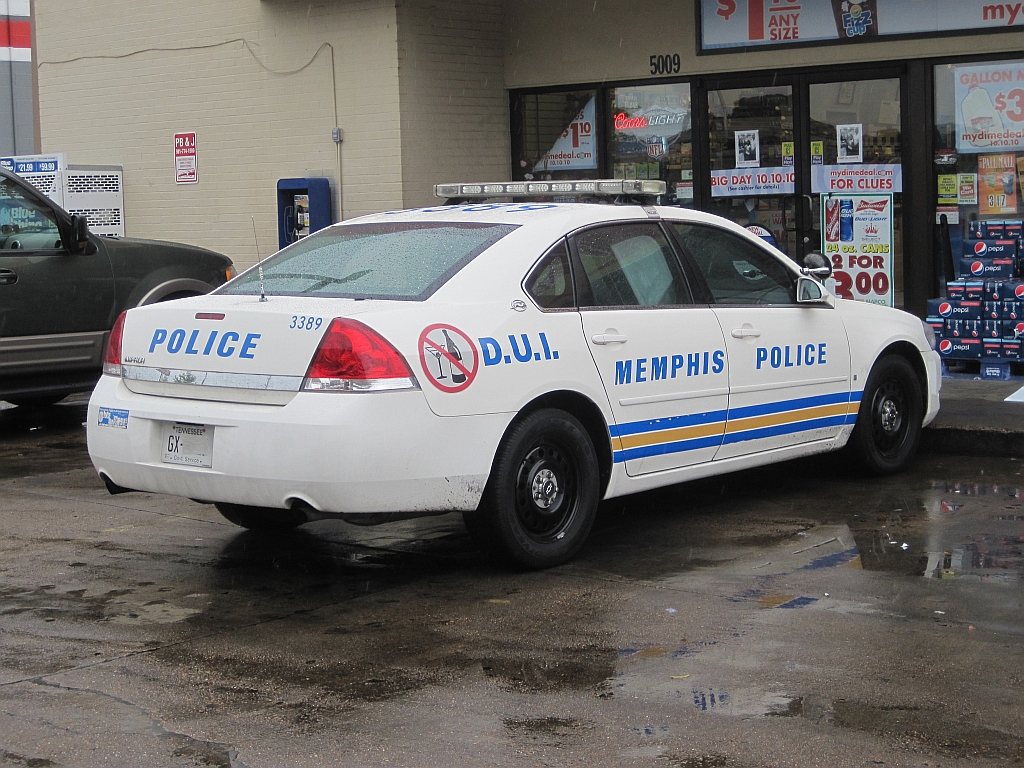Actors throughout Memphis’s criminal legal system know that MPD officers do not feel particularly constrained by what is legal. One prosecutor told the Justice Department that some MPD supervisors do not review arrests and might not even have the training to recognize whether probable cause exists. A judicial commissioner told the Justice Department that they must “often” remind officers that probable cause is needed to conduct a search or an arrest. A judge expressed frustration that MPD officers are sometimes unable to articulate probable cause in their arrest reports. The Justice Department writes that judges, prosecutors, and defense attorneys all raised concerns about MPD’s “over-reliance on ‘high-crime areas’ as a justification for stops.”
Put more colloquially, Memphis police conduct a lot of bogus stops and searches, and everybody knows it. Nichols’s killing is an extreme example of the consequences of this stop-and-search policing approach, but the report makes clear that unnecessary violence is all too common and that people in some Memphis neighborhoods are subjected to degrading, dehumanizing detentions and searches every day.
Bolding added, archived at https://web.archive.org/web/20250109131854/https://www.lawfaremedia.org/article/crime-suppression--policing-and-excessive-force-at-the-memphis-police-department


